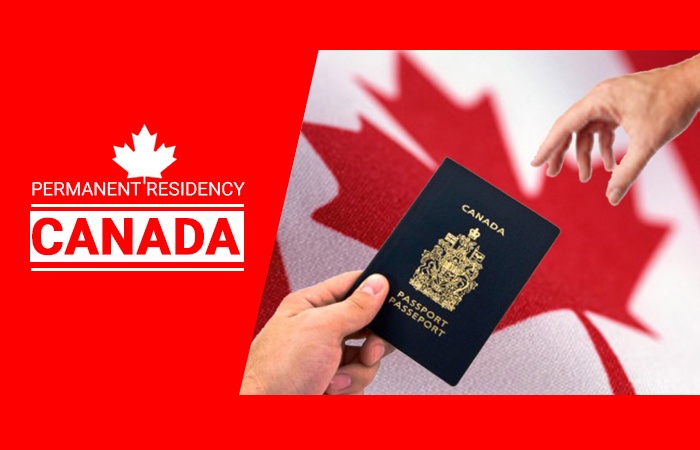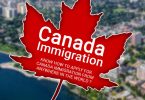You need a grant from Immigration, Refugees, and Citizenship Canada (IRCC) if you desire to reside permanently in Canada, regardless of whether you are an immigrant from outside or within Canada.
Permanent citizenship in Canada is a luxury that can be revoked at any moment if the person is guilty of a crime that could result in deportation. Permanent citizens, on the other hand, may not be able to occupy public office, register, or enter the service.
Obtaining a Canadian residency certificate is a lengthy procedure, and this article will lead you through everything you need to know and how to obtain Canadian Permanent Residency.
What is Canada Permanent Residence (PR)?
An foreigner who is not a Canadian citizen may be granted permanent residence (PR) in Canada by Immigration, Refugees and Citizenship Canada (IRCC). With the help of this award, the recipient is able to remain in Canada permanently to reside and work.
Permanent Resident Eligibility in Canada
You can determine your qualifying number in the Express Entry CRS method to see if you qualify for a Canada Permanent Residence.
Your ranking is based on a number of variables, including your degree of schooling, second formal language ability, age, and job experience in Canada.
Second, you must demonstrate that you have enough money to support yourself and your family during your stay in Canada. If you already work in Canada or have an employment contract from a Canadian company, this might not be the situation.
Requirements for a Permanent Resident in Canada
If a Canadian permanent citizen wants to maintain their resident status, they must meet their registration requirement to the nation.
Every five years, Canadian law mandates that you stay in the nation for a minimum of two years.
The official at the Port of Entry or the Canada immigration office is therefore authorized to determine if you have complied with the requirements by going back five years to see if you have spent at least 730 days in the nation.
This essentially means that in order to qualify as a Canada Permanent Resident, you must have spent at least 730 days there in the previous five years doing one of the following:
- staying in Canada and residing there
- accompanying their partner who is a Canadian overseas
- working for a Canadian business while overseas
It is noteworthy that failure to fulfill the domicile requirement can result in a Canadian permanent citizen losing their status.
Your registration will be returned to you if it is discovered to be lacking in any manner, such as incomplete papers or incorrectly filled out forms.
Different ways to Immigrate to Canada on Permanent Residency
You can obtain a permanent residence permit in Canada in a number of methods from the Canadian government or IRCC, including through the family support program, business and investment immigration, specialized immigration pathways, and a lot more. Let’s examine each of them individually.
Skilled Immigration Route
As a skilled worker seeking permanent residency in Canada, you must submit an online application through the Express Entry System. This is the simplest method for immigrating to Canada and obtaining a PR visa. The express entry mechanism includes the following three primary categories:
- System for Federal Express Entry
- Federal Skilled Worker (FSW) – If you are a competent outdoor laborer, this position is ideal for you.
- Federal Skilled Trades (FST) Program – Open to all applicants with skilled trade experience
- Canadian Experience Class (CEC) — For those who have Canadian work experience.
- Provincial Nominee Program (PNP)
- Each province in Canada has its own Provincial Nominee Program (PNP) through which it can select educated and accomplished individuals and nominate them for Canada PR visas. Here are some of the Canadian provinces’ PNPs: (SINP, OINP, AINP, NSNP PEI PNP, MPNP, BCPNP, etc.)
Conclusion
The permanent resident certificate must be updated through a registration procedure because it ends every five years. If you haven’t been physically present in Canada for the necessary amount of time, your passport might not be reissued. You must demonstrate that you have either met the citizenship criteria or have been personally present in Canada.
One can satisfy the citizenship criteria while residing outside of Canada, including those who live with a partner who is a Canadian citizen or those who work for Canadian companies abroad. Despite this, you still need to be in Canada and have a Canadian residence in order to update your permanent resident card.






